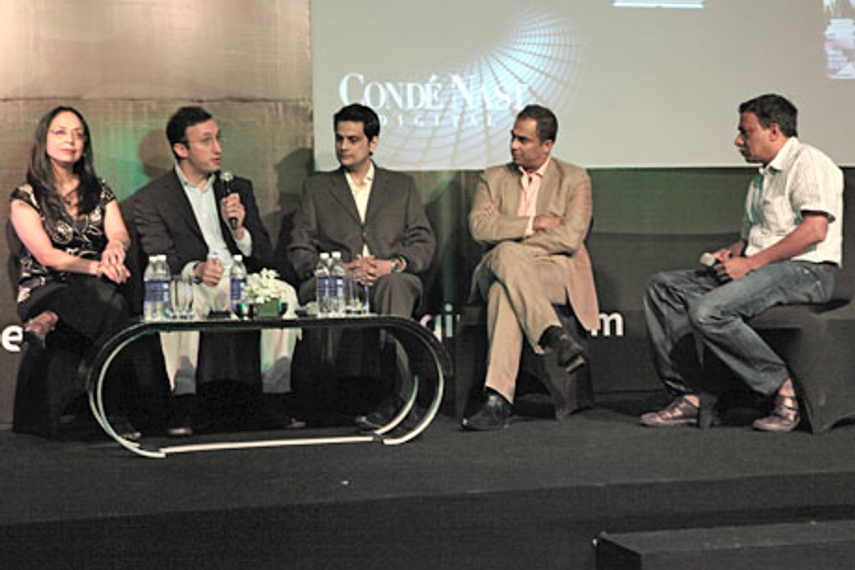
Please sign in or register
Existing users sign in here
Having trouble signing in?
Contact Customer Support at
[email protected]
or call+91 22 69489600
This and other views from the day-long Conde Nast Digital Day conference, held in partnership with Campaign India in Mumbai on Thursday

Contact Customer Support at
[email protected]
or call+91 22 69489600
Top news, insights and analysis every weekday
Sign up for Campaign Bulletins
Shorter attention spans have transformed the way content is being consumed and the brands are paying attention.
Sobhani is currently president and global chief creative officer at DDB Worldwide.
Move comes after Omnicom acquired IPG last week.
His career spans over two decades, and he most recently served as executive director and India head-creative at McCann Worldgroup.